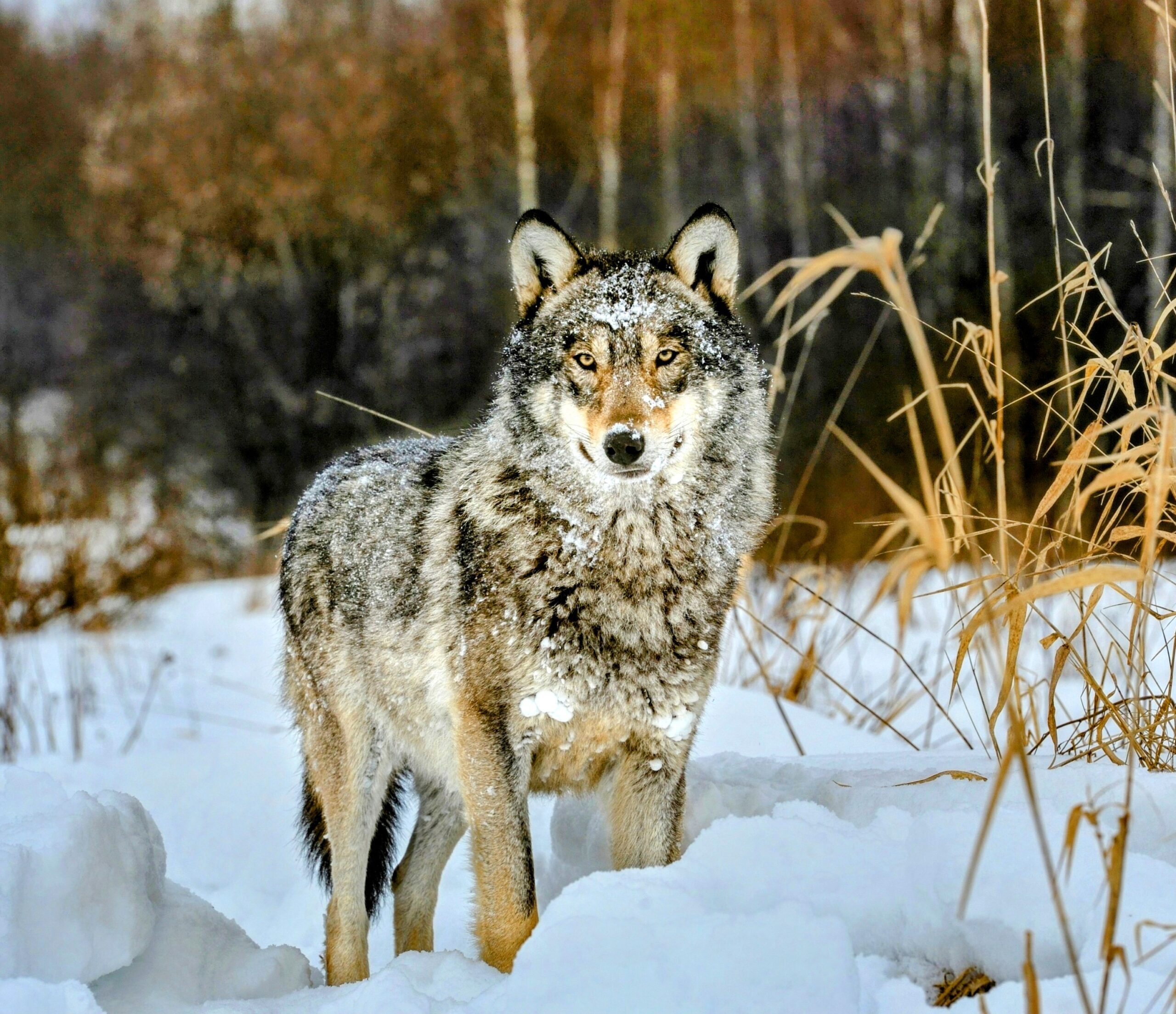I, for one, welcome our new radioactive wolf overlords.
Removed by mod
These good boys and girls deserve it
Who had “Razed By Wolves” for the end of humanity as we know it?
Kieth? No? Was it you, Cynthia? Ohright. You had “Tentacles From Beyond”, I forgot. (You do know that Lovecraft was a hateful little shit, right?) — Oh! Camina? The Wolves are yours? Yes, and Logan’s, too. That tracks.
Alright, folks, that’s a wrap! It’s been real!

No, see, these are Mutant Wolves. You guys picked Hillbilly Zombie Wolves. Completely different.
Life, uh, finds a way.
Headlines like that are why people don’t understand evolution and naysayers come along, “Thought evolution took millions of years?!”
You’d think it’d be the opposite? “The wolves who were most resistant to cancer were the ones who passed on their genetics” seems like a pretty easy thing to understand
The mention genetic changes, but didn’t mention any gene names. I would have been interested to see something like TP53 duplications but there’s no way enough time would have passed for that to occur. It’s not super clear whether the population changes reflect a bottleneck or specific, advantageous mutations to cancer resistance.
You’d want to look at the actual paper or at least a more science focused report on it for information like that.
I would except it doesn’t appear to be published yet, the article mentions the data was from a conference presentation.
What is it if not evolution? These aren’t changes in individual wolves, but the local population over generations.
I’ll just drop the BBC Horizon documentary from 2006 that talks about this:




